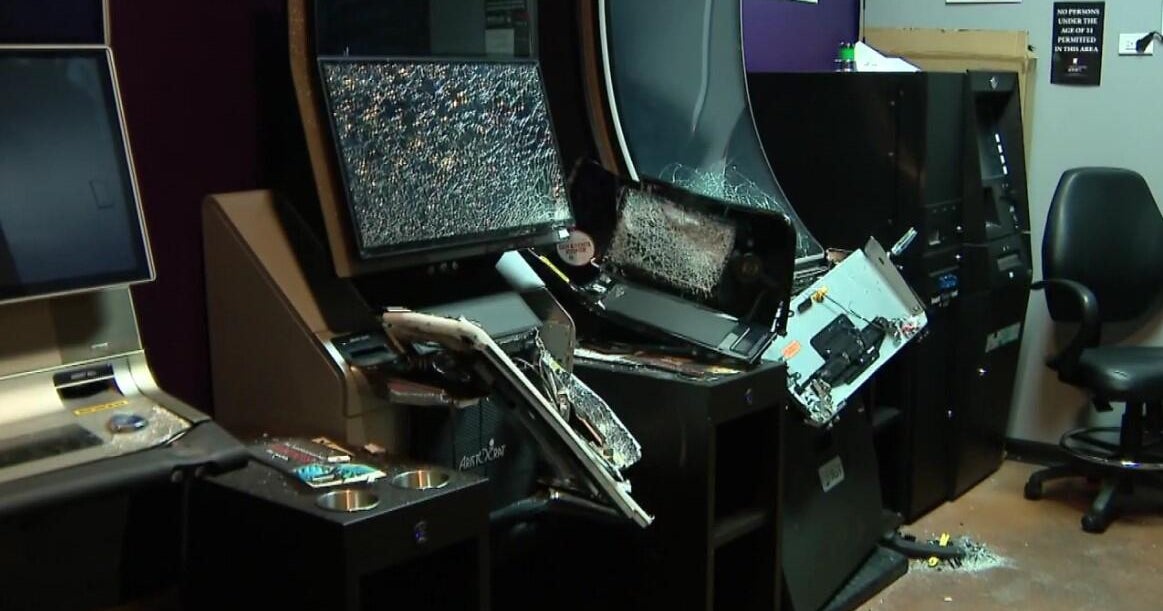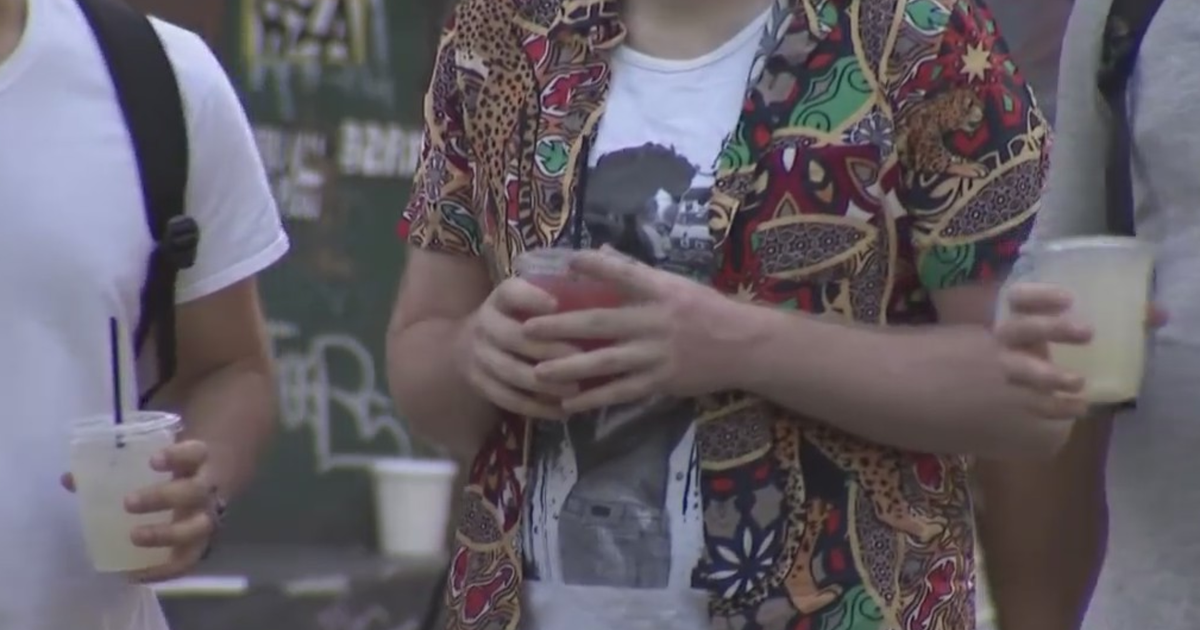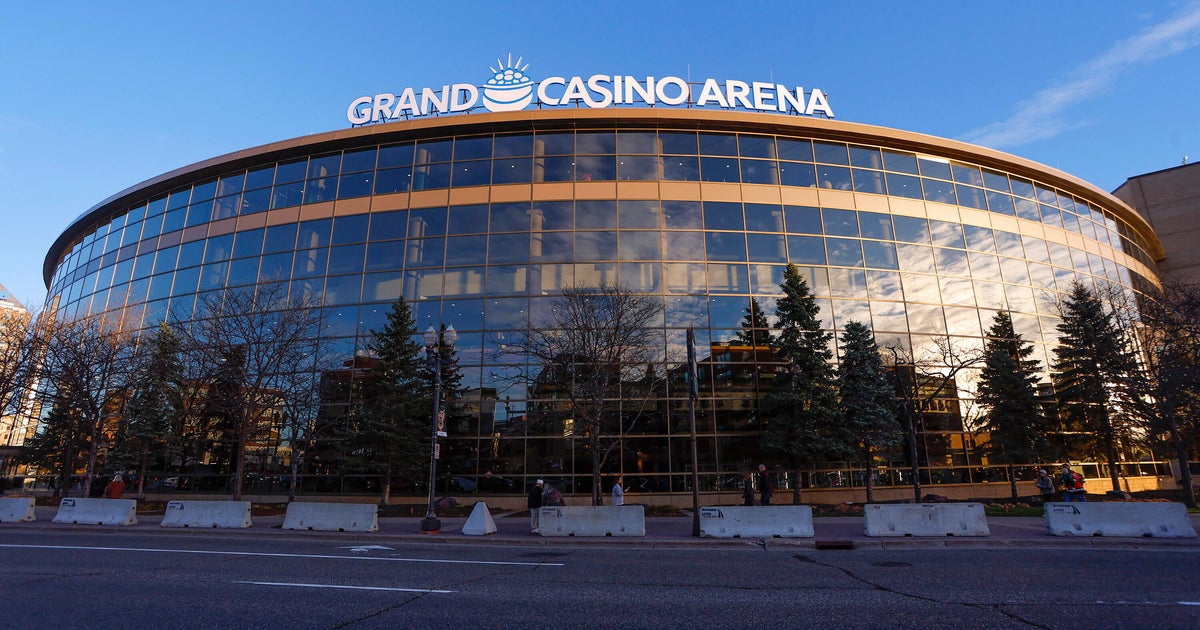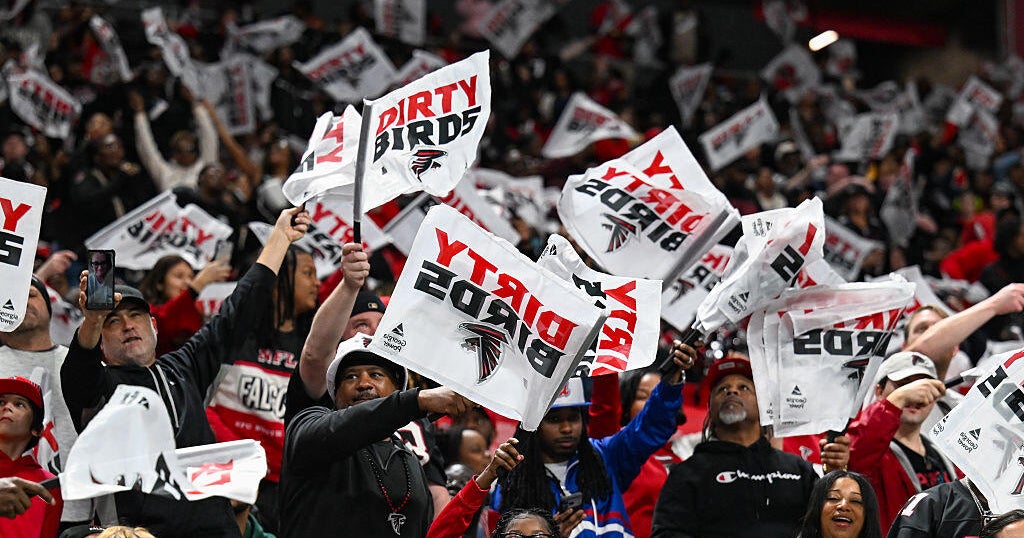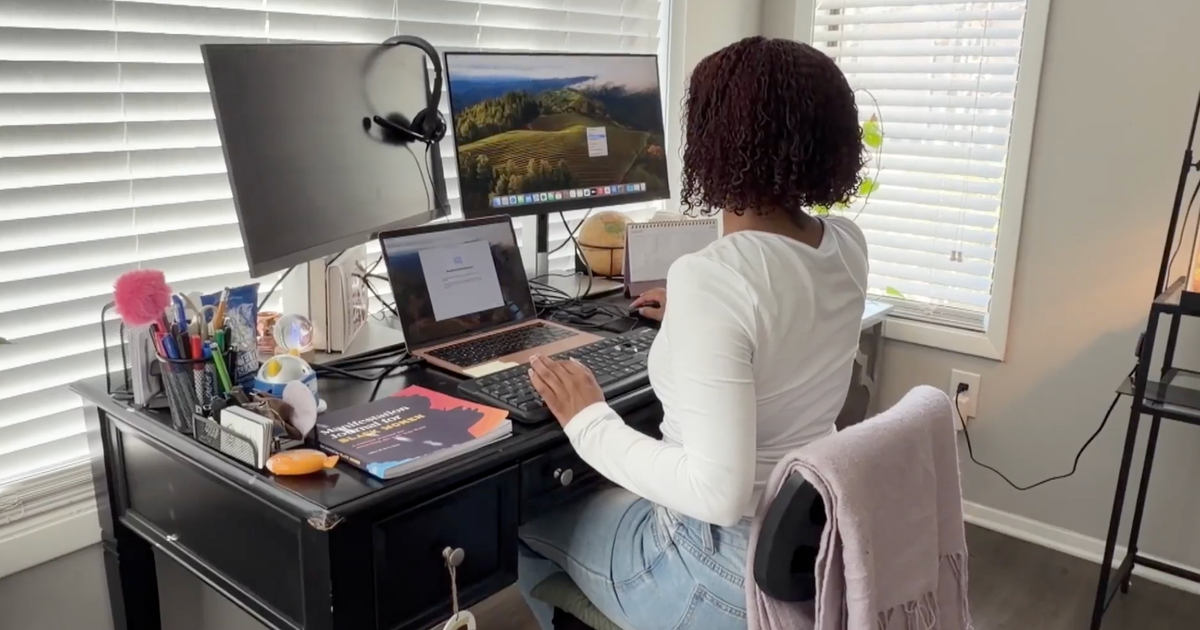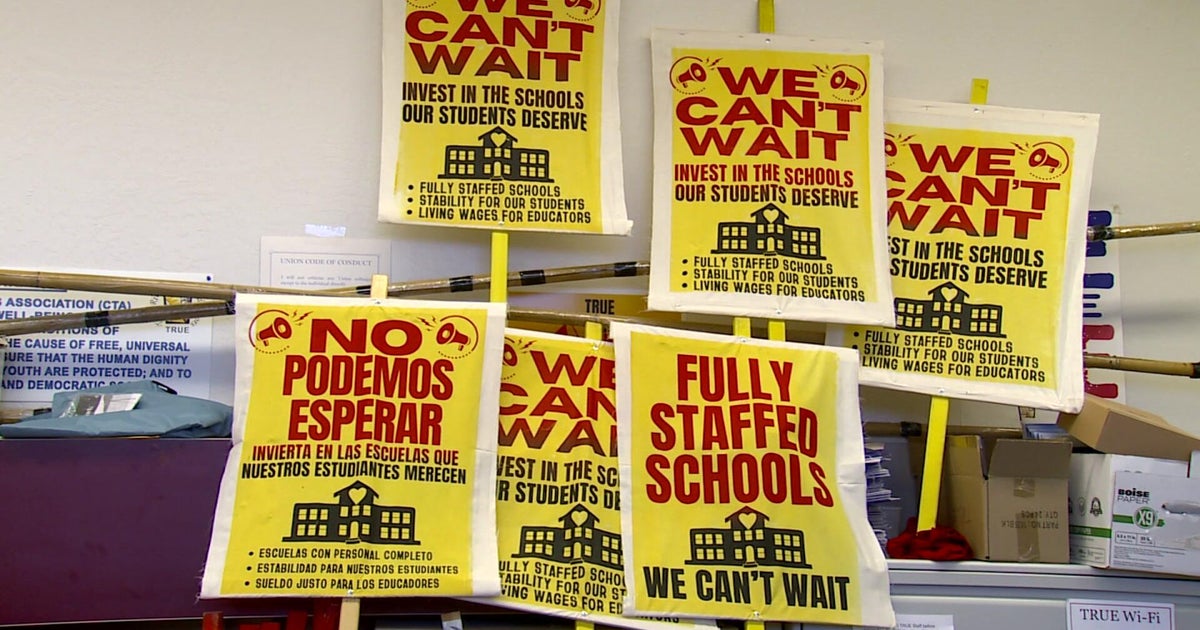Tribes' Gaming History Makes It Tough For Newcomers
MINNEAPOLIS (WCCO) -- Whether it's racinos or a downtown Minneapolis casino, many proposals have been launched over the years claiming state and local governments deserve a shot to cash in on casino gaming.
But some say the deal Minnesota's tribes made with the state back in 1989 set up a playing field that has made it very hard, if not impossible, for gambling to expand.
Back when Rudy Perpich was governor, congress passed a law allowing tribes to establish casinos. But first the tribes would have to negotiate an agreement with their state.
Minnesota was the first in the country to reach an agreement with any of its tribes and the agreement, according to critics, was a disaster for the state -- Minnesota would not get a cut -- the tribes would get all of the profits.
Connecticut gets 25 percent of all slot machine profits from its Native American casinos -- roughly $200 million a year.
Professor David Schultz said back in the 80s Minnesota negotiators never imagined how successful the casinos would be.
"I don't think anyone ever envisoined that it would be an enormous big business -- an enormous profit center -- for the Indians and potentially the state of Minnesota," he said.
But efforts to pass racino, riverboat gambling or other casino-type ventures has failed over the years in part because of religious and moral opposition -- and in part because of intense lobbying and political contributions from Native American tribes.
In 2010, Native American groups donated $1.2 million to mostly DFL candidates, part of an intense and ongoing effort to barr competition to their casinos.
The agreements with the Minnesota tribes can only be renegotiated if Native American groups want to.
Native American groups say the success of their casinos is deservedly theirs in light of the history of mistreatment they have suffered.
